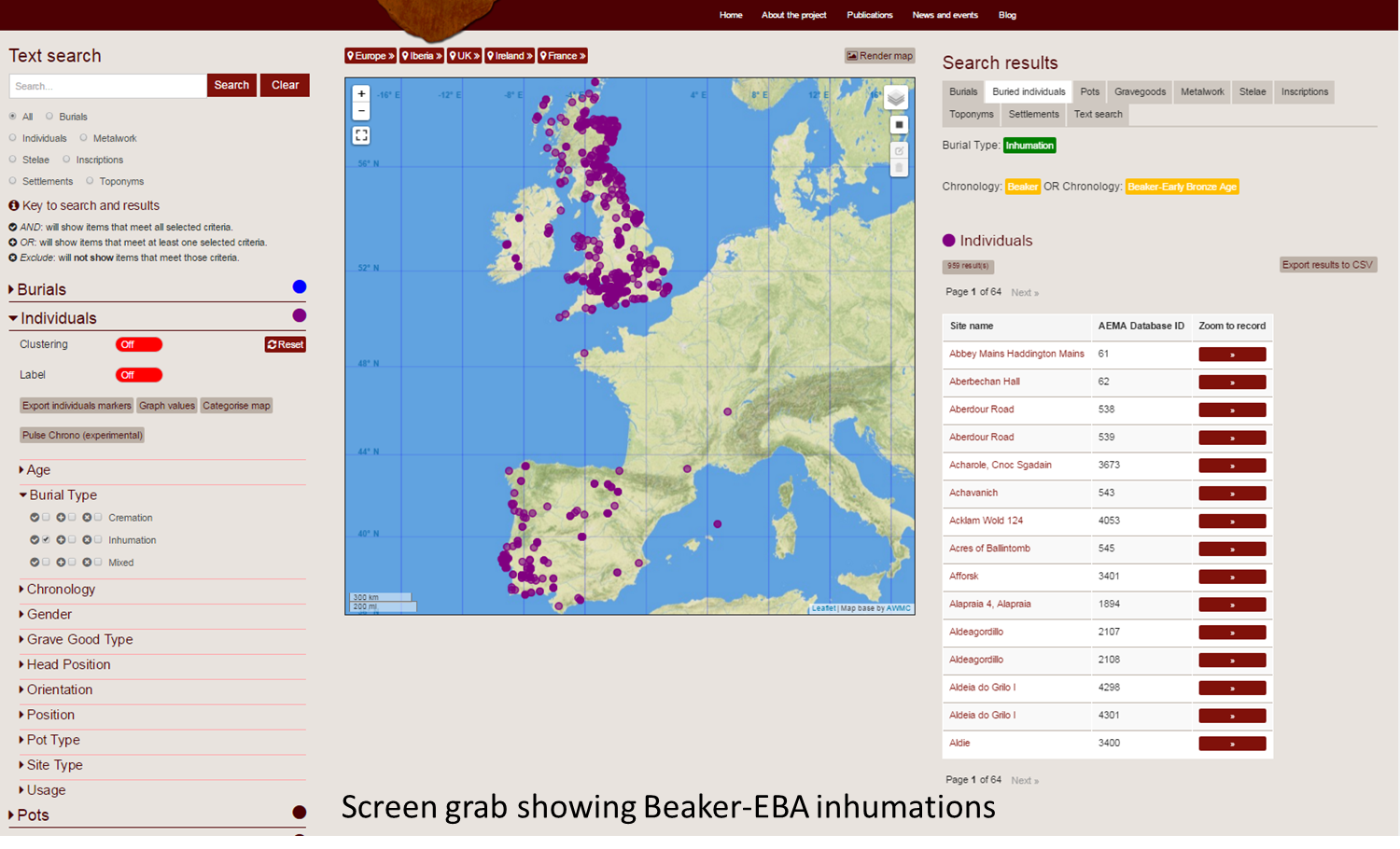On Wednesday the 6th of April, an online, open access database, which aims to enable collaboration and shed new light on the geographical origins of the Celtic languages will be launched.
The database is an accumulation of research undertaken as part of an ongoing project at the University of Wales Centre for Advanced Welsh and Celtic Studies (CAWCS) entitled Atlantic Europe in the Metal Ages (AEMA): questions of shared language.

Led by Principal Investigator (Project Leader) Professor John T. Koch at CAWCS, with Co-Investigators Professor Sir Barry Cunliffe (University of Oxford), Professor Raimund Karl (Bangor University), and Stuart Dunn (King’s College London), this 3-year project, funded by the Arts and Humanities Research Council (AHRC), has brought together, and made available and comparable, rapidly expanding archaeological and linguistic evidence from Wales, the UK, and the other countries of Europe’s Atlantic façade.
The launch event will introduce attendees to the database, including a formal demonstration and an opportunity to interact with this new resource. Professor Sir Barry Cunliffe will introduce the research team and lead the closing discussion session. The database houses a diverse range of archaeological, linguistic and historical data relating to various categories which are rarely made comparable across the boundaries of modern nations, disciplines, and chronological stages. These include burial, settlement, metalwork deposition, metal chemistry, place-names, and inscriptions.
The chronological parameters are broad, from early metallurgy in the region (c. 2800 BC) until the transformation of the Ancient Celtic languages (c. AD 500). The geographical span is the Atlantic Façade, from Scotland in the north to Ireland in the west and Spain in the south.
The launch begins at 3pm in the Anatomy Museum of the King’s Building, King’s College London Strand Campus, and interested parties can register their intent to attend via the project’s event page - http://bit.ly/1RdrvBR
With the AEMA project looking at evidence supporting a new theory that the Celtic languages emerged in the Atlantic region as early as the Bronze Age, this new approach challenges the traditional view of Celtic origins in west-central Europe during the Iron Age (about 800 BC).
This is a subject area that has caused much debate and the project’s leader Professor Koch recently contributed to an article in the Washington Post relating to research undertaken with Sir Barry Cunliffe and Dan Bradley of Trinity College Dublin.
The article by Peter Whoriskey, published to coincide with Saint Patricks day on the 17th of March, was about the discovery 10 years ago of an ancient burial underneath McCuaig’s Bar on Rathlin Island in County Antrim, Northern Ireland. Recent DNA analysis of the three skeletons found at the site challenges the traditional centuries-old account of Irish origins and helps to support the theory put forward by Professor Koch and the AEMA project.
To read the full article, please visit the Washington Post website here - http://wpo.st/rfaM1
For more information about the AEMA project please visit their page on the University’s website - http://bit.ly/22ENsxx